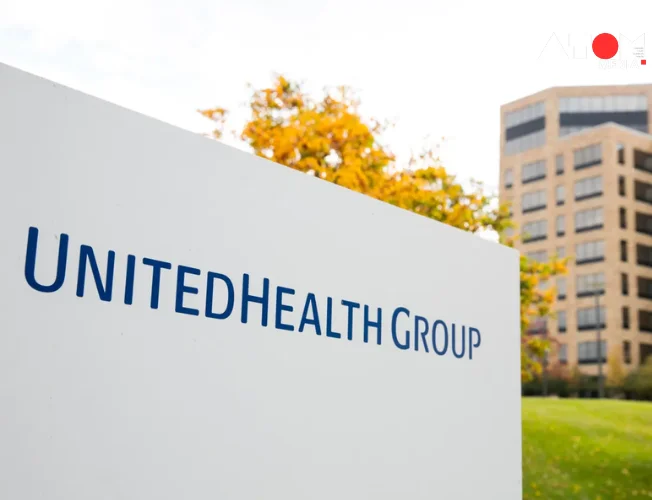Medical professionals continue to struggle in the aftermath of a cyberattack on a subsidiary of UnitedHealth Group. The February breach on Change Healthcare, a critical platform for processing healthcare claims, has significantly disrupted payments to doctors and patient care.
While UnitedHealth maintains that business is mostly back to normal, many providers paint a different picture. Two months after the attack, they grapple with delayed payments, manual processes, and financial strain.
Devastating Impact on Medical Practices
Emily Benson, a therapist in Minnesota, describes the situation as “way more devastating than covid ever was.” Her practice, Beginnings & Beyond, relies heavily on the Change Healthcare network for submitting claims and receiving payments. With the system down, she faces significant challenges:
Delayed and Missing Payments: Without electronic remittances detailing claim processing results, Benson is unsure if she received proper payment or how much to bill patients.
Manual Work and Lost Time: Insurers are resorting to sending paper forms, requiring manual data entry to match service details and allocate payments among her clinicians. This time-consuming process disrupts workflow and delays further.
Financial Strain: Benson has resorted to personal loans to cover practice bills due to the lack of incoming funds.
Nationwide Disruption in Healthcare Claims Processing
Change Healthcare processes a vast amount of healthcare data, handling nearly a third of all U.S. patient records annually. This attack created a ripple effect throughout the healthcare system:
Providers in Limbo: Alex Shteynshlyuger, a urologist in New York City, relies on Change Healthcare for roughly 30% of his claims processing. He’s unable to submit claims or receive payments from most insurers, with the exception of Medicare and certain Blue Cross plans. This financial uncertainty creates immense stress for him and his practice.
Strained Patient Care: Delays in claim processing can lead to disruptions in patient care. Providers may hesitate to offer services if they’re unsure of receiving payment, potentially impacting patient access to necessary treatment.
UnitedHealth’s Response and Ongoing Issues
UnitedHealth maintains that they are actively working to restore services and have already provided $7 billion in aid to struggling providers. However, concerns remain:
Incomplete Recovery: While CEO Andrew Witty assures shareholders of a “fairly normal claims receipts and payments flow,” CFO John Rex acknowledges that some providers might still be facing issues. Full operational recovery is not expected until next year.
Financial Impact on UnitedHealth: The company estimates the cyberattack to cost at least $1 billion this year, despite a significant increase in first-quarter revenue.
Congressional Scrutiny and Unanswered Questions
The House Energy and Commerce Health Subcommittee held a hearing to investigate the attack’s impact on the healthcare system. Lawmakers raised critical points:
Single Point of Failure: The attack on Change Healthcare exposed the vulnerability of relying on a single platform for such a crucial function. This vulnerability can lead to widespread disruption in the event of a cyberattack.
Lack of Transparency: UnitedHealth’s absence from the hearing and their delay in responding to detailed questions from the committee raised concerns about transparency regarding the attack’s true impact.
Providers Left Behind: Lawmakers highlighted the plight of providers still struggling financially due to delayed payments. Representative Brett Guthrie (R-Ky.) emphasized the impact on staffing as practices grapple with cash flow issues.
Uncertainties Remain as Providers Seek Solutions
Medical professionals across the country are waiting for full restoration of services and compensation for lost income. In the meantime, they are forced to implement workarounds and take on additional financial burdens:
Manual Workarounds: Providers like Benson are resorting to manual data entry and processing of claims, impacting their time and resources.
Financial Strain: Many providers are taking out loans or delaying payments to cover operational costs due to delayed reimbursements.
The UnitedHealth cyberattack serves as a stark reminder of the vulnerabilities within the healthcare system’s infrastructure. As the investigation continues and providers seek solutions, the focus remains on ensuring patient care continues uninterrupted and that medical professionals are adequately compensated for their services.
Read more: Marketing News, Advertising News, PR and Finance News, Digital News





